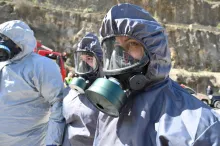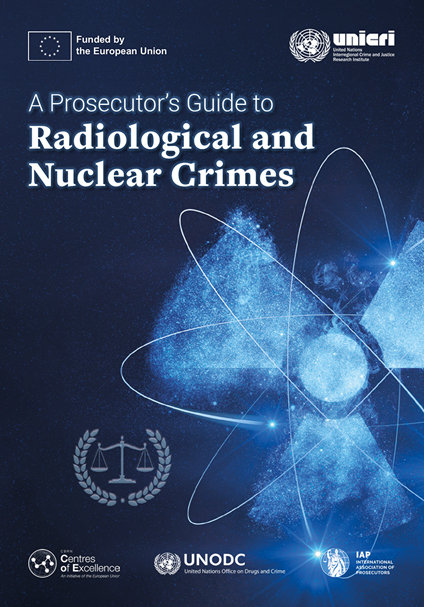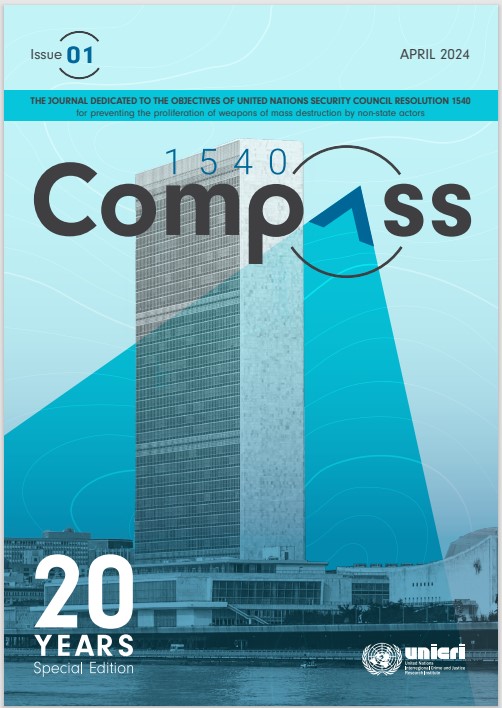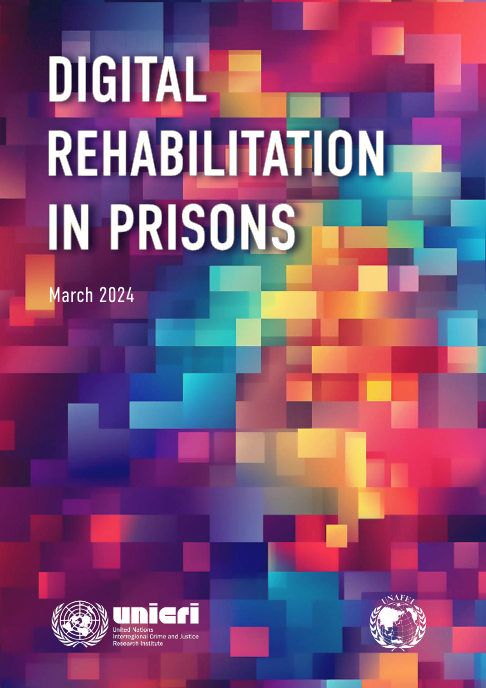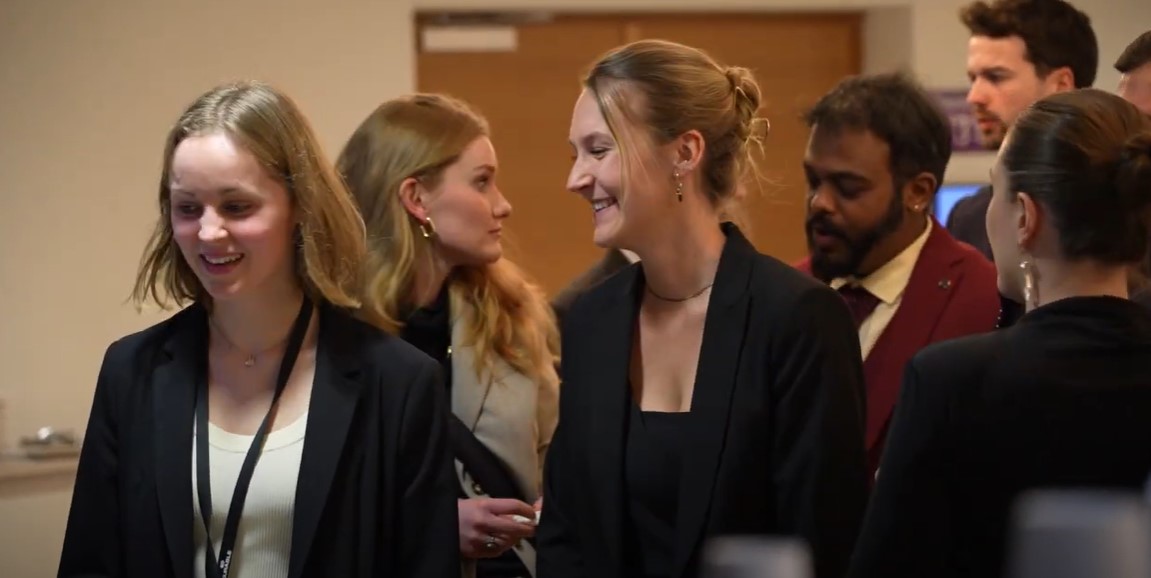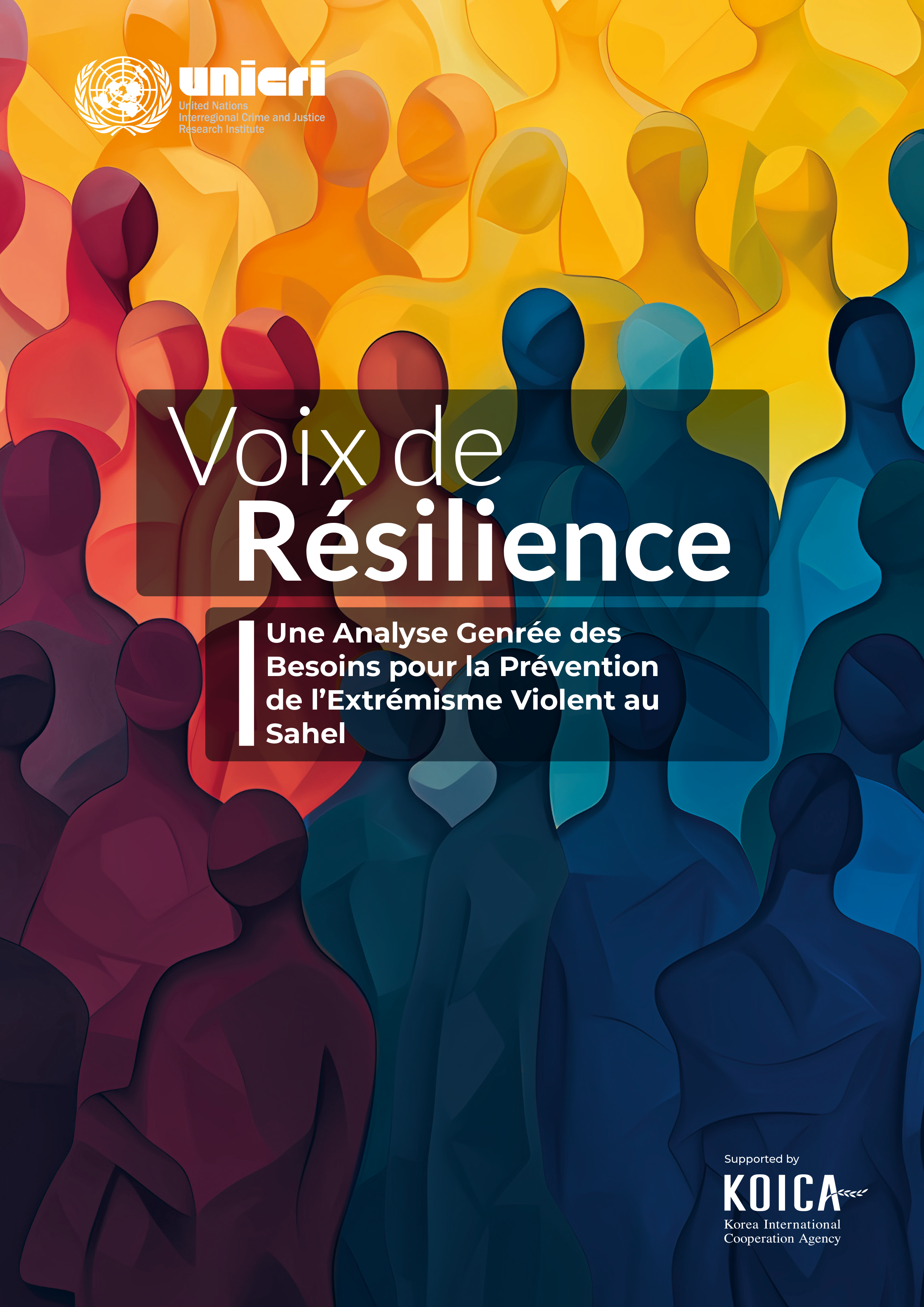Information on the Grant Beneficiary within the Scope of European Union (EU) Contribution Agreement for the project “Transparency Now: Strengthening Anti-Corruption Efforts in the EU Southern Neigbourhood.”
The European Union (EU) is one of UNICRI’s most important partners globally. Within the framework of a noteworthy EU-funded initiative titled 'Transparency Now: Strengthening Anti-Corruption Efforts in the EU Southern Neighbourhood', UNICRI is partnering with Transparency International to assist government officials and civil society organisations in the designated region. The primary objective of this initiative is to strengthen national and cross-border working relationships to promote ethical conduct, foster accountability, support the prevention and prosecution of acts of corruption, and recover assets linked to such criminal conduct.
For more information about the contribution agreement please click here
Note: Funding Opportunities and Grant Beneficiaries within the Scope of UNICRI's Programmes and Projects
To adhere to the principles outlined in the UNICRI Partnership Policy which regulates the engagement of external partners and to comply with the transparency obligations reinforced by our donors, UNICRI ensures the publication of grants awarded through open competition as well as those partnerships that receive specific donor contribution funds. The decision to publish information will give due consideration to the safety, protection of personal data, confidentiality and security of all partners.

